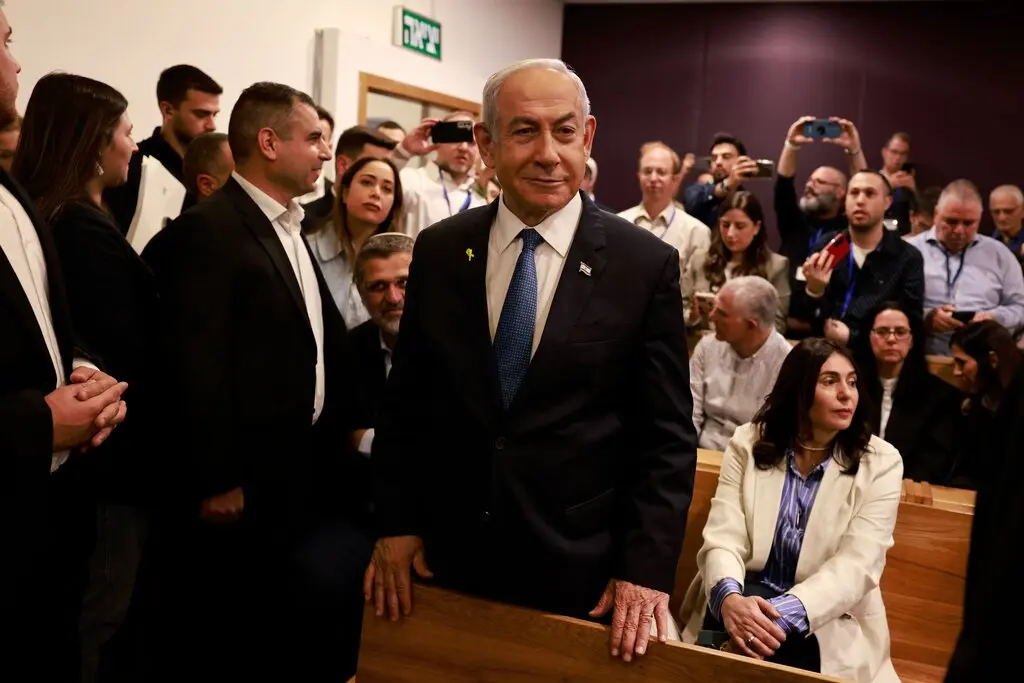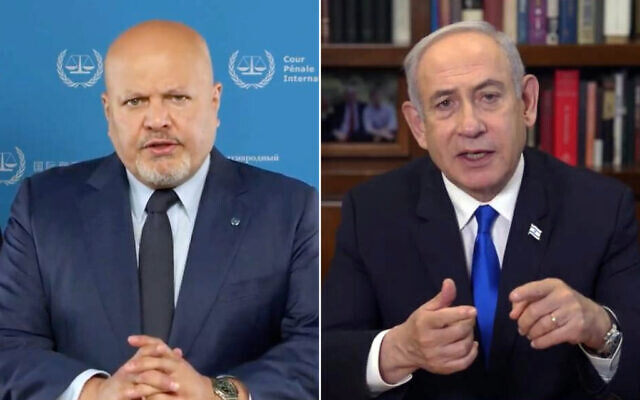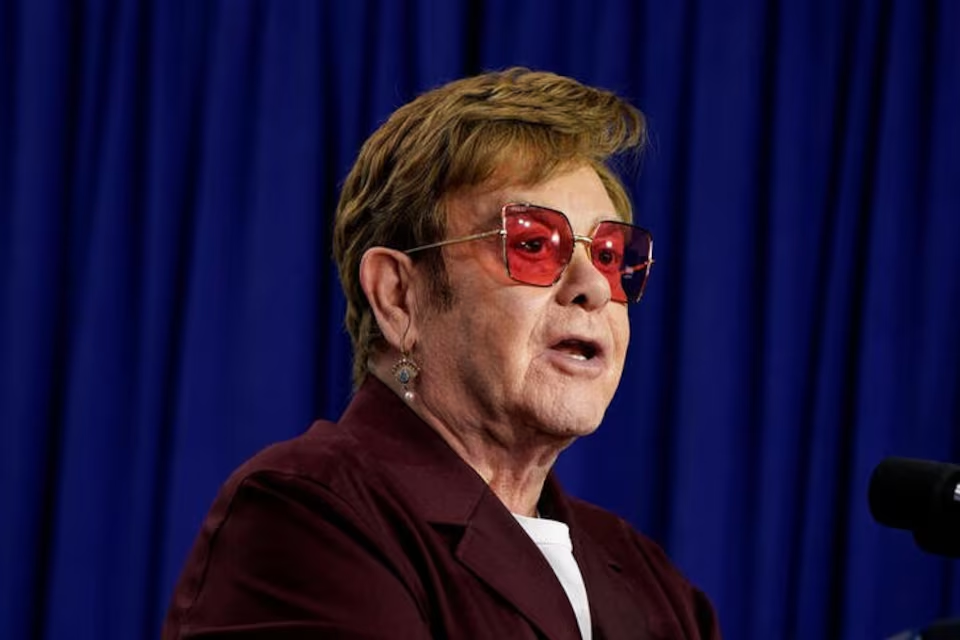Netanyahu Finally Takes the Stand in His Corruption Trial

In a dramatic turn of events, Israeli Prime Minister Benjamin Netanyahu has finally taken the stand in his ongoing corruption trial, marking a significant moment in both his legal battle and the political landscape of Israel. Netanyahu, who has held the position of prime minister for over a decade, faces multiple charges related to bribery, fraud, and breach of trust in cases that have deeply divided the nation. His testimony has attracted widespread attention, with implications not only for his future but for the stability of Israel’s government.
The corruption trial, which began in 2020, revolves around three separate cases that accuse Netanyahu of using his political influence to receive favorable media coverage and other illicit benefits. In one of the most prominent cases, known as Case 1000, Netanyahu is accused of accepting expensive gifts, including cigars, champagne, and jewelry, from wealthy businessmen in exchange for political favors. In another case, Case 2000, he allegedly negotiated a deal with the publisher of a major newspaper, seeking positive press coverage in exchange for limiting a rival publication’s circulation. The third case, Case 4000, involves accusations that Netanyahu provided regulatory favors to a telecommunications company in exchange for favorable media coverage.
Netanyahu has consistently denied all the charges, claiming that the investigations against him are politically motivated and part of a witch hunt orchestrated by his opponents. He has framed his trial as a battle for his political survival, arguing that the legal proceedings are an attempt to undermine his leadership and disrupt his government’s work. Despite the charges, Netanyahu has remained in power throughout the trial, using his position to bolster his defense and maintain support among his political base.
The decision for Netanyahu to take the stand was a highly anticipated moment in the trial. For months, the prosecution and defense have presented their arguments, but Netanyahu had refrained from testifying in his own defense. His appearance in court was seen as a pivotal move, as he had previously argued that the charges against him were baseless and politically motivated. By taking the stand, Netanyahu hoped to personally challenge the accusations and sway public opinion in his favor.
During his testimony, Netanyahu vehemently denied any wrongdoing and defended his actions as part of the normal functioning of politics. He claimed that his interactions with the businessmen and media executives were not corrupt, but rather part of his efforts to maintain a strong relationship with key figures in Israel’s business and media sectors. Netanyahu also emphasized that he had not received any material benefits from the gifts he allegedly received and that any media deals were part of legitimate political negotiations.
The defense strategy appears to be focused on discrediting the evidence presented by the prosecution, including the testimony of key witnesses who have turned against him. One of the most significant of these witnesses is Shlomo Filber, a former director-general of Israel’s Communications Ministry, who has testified that Netanyahu sought to use his position to influence media coverage in his favor. Netanyahu’s legal team has attacked Filber’s credibility, arguing that he has a vested interest in seeing Netanyahu convicted due to his own legal troubles.
While Netanyahu’s testimony is a crucial aspect of his defense, it is just one part of the broader legal proceedings. The trial has already seen a number of delays and complications, with Netanyahu’s lawyers seeking to have key evidence dismissed and challenging the legitimacy of the investigation. The case has drawn attention not only because of the high-profile nature of the defendant but also due to the broader political ramifications. Netanyahu’s supporters view the trial as a personal and political vendetta against him, while his critics argue that the charges highlight the need for accountability and transparency in Israeli politics.
The trial has cast a long shadow over Netanyahu’s political career. While his legal troubles have not prevented him from remaining in office, they have created divisions within Israeli society and among political leaders. His opponents have called for his resignation, arguing that his continued leadership while facing such serious charges undermines the integrity of the office of prime minister. On the other hand, Netanyahu’s loyal supporters maintain that he is the victim of a politically motivated campaign to remove him from power.
The outcome of Netanyahu’s trial remains uncertain, and its resolution could have far-reaching consequences for Israel’s future. If convicted, Netanyahu could face significant legal penalties, including prison time, and his political career could come to an end. However, a verdict could take years to arrive, and Netanyahu’s ability to maintain power in the face of these charges will depend on the legal and political developments in the coming months.
In the meantime, Netanyahu’s appearance in court marks a critical juncture in his trial. It is not just a legal battle but a political one that will shape the future of Israeli democracy. The trial continues to unfold, and the nation’s eyes are fixed on the courtroom as Netanyahu fights to clear his name and preserve his political legacy.






